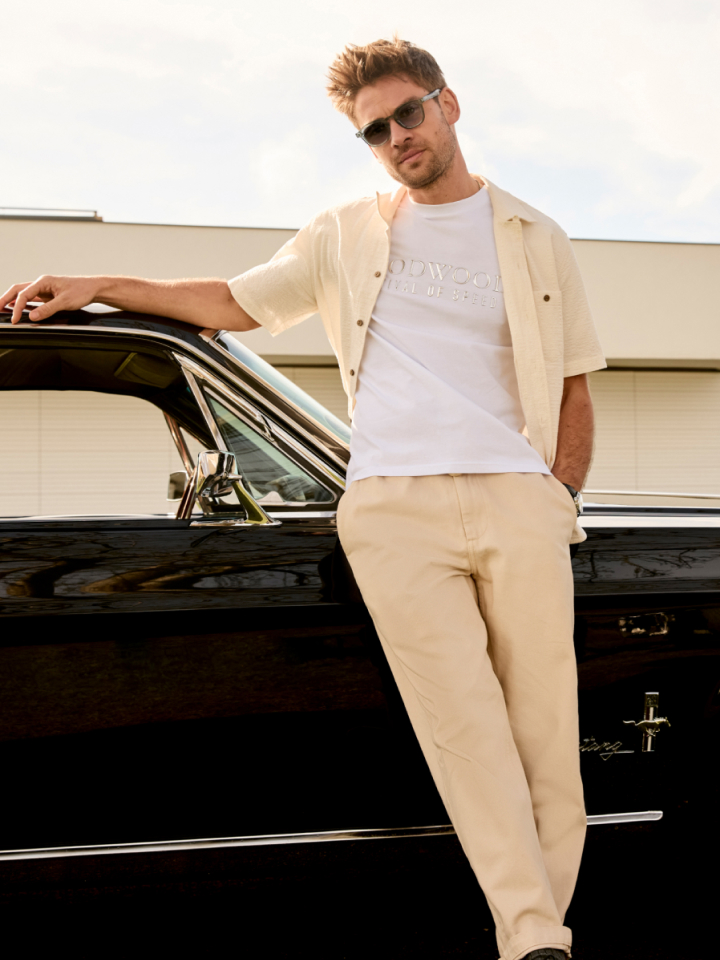Bruno Sacco Obituary: Mercedes-Benz chief designer dies aged 90
Bruno Sacco, Mercedes-Benz's chief designer from 1975 to 1999, died aged 90 on the 19th September in Sindelfingen, Germany.

Born in Italy with German citizenship, Sacco was responsible for some of Mercedes-Benz's most iconic models, including the range-topping W126 saloon and coupé, the 190 saloon and the R129 SL GT, all following his design principle that "A Mercedes-Benz must always look like a Mercedes-Benz.”
Born in Udine, Italy, on the 12th November 1933, Sacco graduated as the country’s youngest geometer at the age of 17, but it was a visit to the 1950 Turin Motor Show that would spur his true passion for car design. He studied at the Polytechnic University of Turin from 1952 and joined Turin-based Carrozzeria Ghia SpA in 1955.
In 1957, Sacco met Karl Wilfert, head of Mercedes-Benz body testing, who was building a new design department and would ultimately hire the young hopeful as a stylist the following year, working on cars like the 600 and 230SL Pagoda.
Sacco's big chance came in 1975 when he was appointed head of styling after Friedrich Geiger’s promotion to chief engineer. Styling the legendary W123 estate in 1977 was Sacco’s first job, and the saloon and coupé versions of the W126 (predecessor to the S-Class) would soon follow.
"The 126 model series in all design forms is the best thing I have done for Mercedes-Benz," said Sacco decades later, and he kept a dark blue 560 SEC in his double garage to prove it.
Sacco recognised the importance of design lineage – no new Mercedes ever looked too different from the car it replaced – and trickle-down styling meant that cars like the entry-level 190 shared styling cues with the top-of-the-range 126.
But he also knew when to provide a degree of separation, so the R170 SLK was deliberately styled differently from the R129 SL to avoid cannibalising sales.
By 1993, Sacco was on the company's board of directors and his design ethos was put into action, building out the Mercedes range with models like the A-Class city car, ML SUV, CLK coupé and V-Class people carrier. The last models he worked on were the W220 S-Class saloon and C215 CL coupé.
But his legacy wasn't just in cars; he set up Mercedes' Design Center in Sindelfingen before retiring in 1999. He was the recipient of an honorary doctorate from the University of Udine in 2002, before he was admitted to the Automotive Hall of Fame in Dearborn, Michigan in 2006, and joined the European Automotive Hall of Fame in Geneva, Switzerland in 2007.
Two decades into his retirement, Sacco said: "Mercedes has been my life, and I stand for that time one hundred per cent."
road
news
Mercedes-Benz
bruno sacco





































































